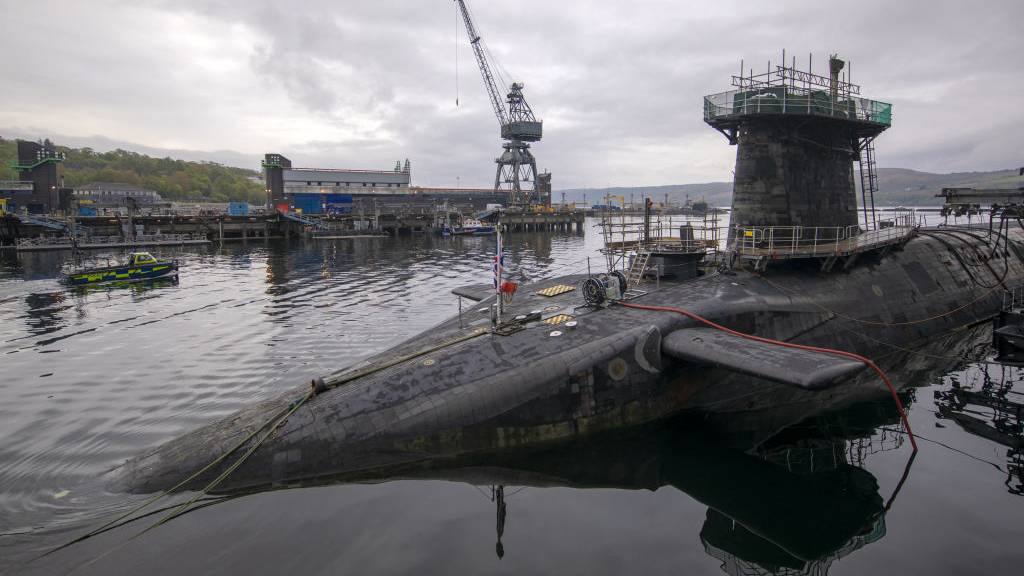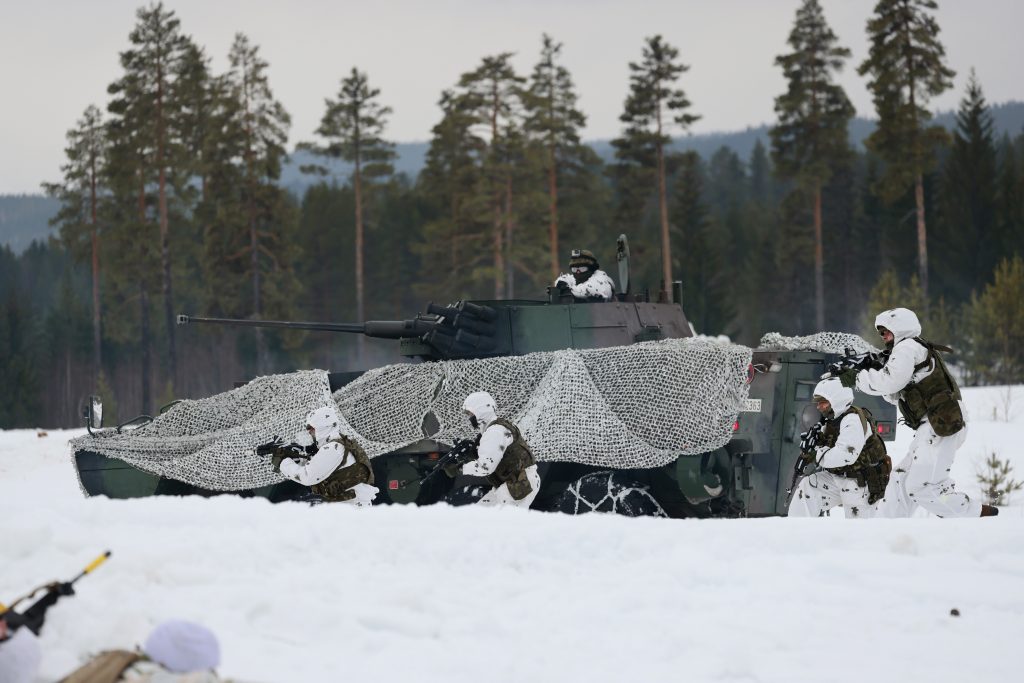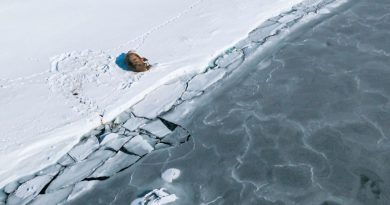UK urged to bolster Arctic defense as grey-zone threats rise: report

The U.K. needs to prioritize military investments that will allow it to better respond to activities by Russia and China in the North, says a recent report from the by the U.K.’s International Relations and Defence Committee.
“We need to prepare for scenarios in which the Arctic becomes much more contested and subject to conflict,” Lord Ashton of Hyde, chair of the committee, said in a statement.
“The Arctic is a very challenging environment to operate in and requires specialised skills. It is vital that we maintain sufficient equipment and regular cold-weather training so that those skills are maintained and consolidated.”
The committee characterizes the present U.K. Arctic policy as “well-calibrated,” emphasizing the ongoing unpredictability of the region. But with increased accessibility due to climate change and ongoing strategic maneuvering by China and Russia for influence in the North, the report underscores the importance of Britain acquiring the requisite military equipment and resources.

This readiness is crucial for responding promptly to a spectrum of scenarios, including environmental disasters, search and rescue operations, as well as potential challenges posed by Beijing and Moscow, the committee said.
“UK scenario planning will need to consider the possibility that China could in future seek to establish a military presence in the Arctic,” the report said. “The Government needs to prepare for this and other developments to ensure that it can adapt and respond to changed circumstances.”
Submarine capabilities need to keep pace with Russia
The United Kingdom and the United States are the only NATO countries that can currently send nuclear submarines under the ice cap for patrols, but the report says that Russia’s new generation of submarines are “significantly quieter and harder to detect” and that it’s imperative Britain keep pace.

“We welcome the UK Government’s increased defence commitments to the region, including the recently announced plans for deeper collaboration with Nordic partners to combat hybrid threats,” the committee said. “The UK Government remains committed to holding cold weather training and military exercises in the High North.
“We are concerned, however, that the UK has insufficient key military assets, such as submarines, maritime patrol or airborne early warning aircraft, to support this increased focus on the Arctic alongside the UK’s growing interest in other regions such as the Indo-Pacific.”
Grey-zone activities need attention
The report stresses the low the possibility of conventional warfare in the North but that the country needs to be alert to hybrid threats like maritime sabotage, GPS attacks, cyber attacks and information warfare.
“While it is not in Russia’s interest to start a conventional conflict in the Arctic, sub-threshold activity and accidental escalation represent significant risks to the region’s security,” the report said.
“Russian sub-threshold activity in the High North is a significant and growing threat. The UK and its allies should prepare contingency plans to detect, deter and respond to hybrid and ‘grey-zone activities’, and consult on how to best do this in situations when public attribution is not possible.”
The International Relations and Defence Committee conducted an inquiry into the Arctic this year, prompted by Russia’s invasion of Ukraine and the subsequent diplomatic and security implications affecting Arctic cooperation.
Their report was published on Nov. 29.
Write to Eilís Quinn at eilis.quinn(at)cbc.ca
Related stories from around the North:
Canada: U.S. report claims Trudeau told NATO Canada will never meet military spending target, CBC News
Finland: With northern focus, Finland applies EU funding to improve military mobility, The Independent Barents Observer
Norway: British & Norwegian F-35s scrambled in North to intercept Russian military plane, The Independent Barents Observer
Russia: Putin beefs up naval nuclear arsenal, promises more subs, The Independent Barents Observer
United States: First U.S. deep water port for the Arctic to host cruise ships, military, The Associated Press



